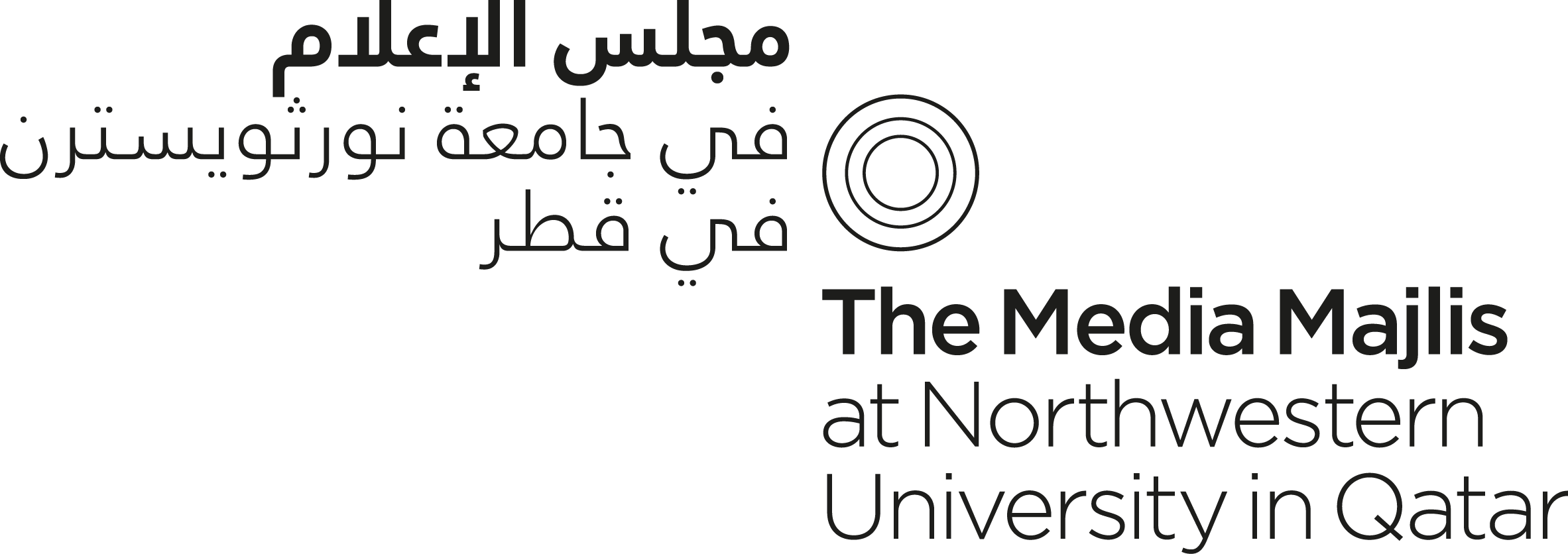Alexandra Buccianti on piracy and musalsalat
2020Alexandra Buccianti is a researcher who covers Arab media, particularly the musalsalat industry and the impact of digital technologies on production, consumption and distribution of the series.
This dialogue is an extension of a conversation that took place in 2020, a few months into the COVID-19 pandemic. Many were staying at home and watching television more than ever before. Musalsalat streaming was not necessarily taking place on Netflix, but the popularity of streaming dramas on free platforms such as YouTube, and over ‘freemium’ business models like MBC Shahid, was of great significance to the way Arabic-language media was watched and shared among audiences in the region. While the piracy of licensed content remains commonplace, it is becoming increasingly scrutinized as production companies and networks rush to gain control over monetizing online streaming.
___How have evolving digital platforms changed the way that audiences in the Arab world are able to access musalsalat due to piracy?
Piracy has been, and continues to be, an important factor to consider when analyzing consumption habits and platforms. While practices are illegal and go against national and international intellectual property laws, they have so far been rarely prevented, this is especially true when it comes to Arabic content as foreign content tends to be more regulated. The popularity of these illegal practices illustrates high potential and demand for content in the region. Since the advent of satellite television in the 1990s, some regional viewers (especially in less affluent countries) have been using illegal dishes, decoders or shared satellite connections. A whole set of satellite channels launched after the Arab Uprisings, broadcasting exclusively pirated content, mostly streamed from the internet. Piracy also adapted to new possibilities provided by digital platforms as well as audiences’ latest behaviors, such as social interaction around content or binge watching. Audiences have access to downloads through social media and forums, file sharing programs, bit torrents or to the illegal streaming of pirate content on video sharing platforms such as YouTube or Dailymotion, or channels on messaging apps like Telegram.
___You have noted that online streaming of television drama via platforms like YouTube has been on the rise as a form of watching that is, currently, still largely unregulated. Do you think this form of streaming will be threatened with more regulations?
There are signs of increased regulation, however intellectual property laws remain loose in the region. It’s hard to hard to fully crack down on the fast-moving piracy practices, which triggers significant losses, difficulty to sign broadcast deals, and could hinder the growth of legal distribution platforms. Film, drama producers as well as studios and channels from the region and beyond are very worried about the piracy landscape. An anti-piracy coalition for the region was set up in 2014, bringing together major satellite providers,[1] media groups,[2] pay TV provider OSN, IPTV providers, and international rights owners.[3] The coalition has successfully managed to shut down a number of pirate TV channels, but new ones continue to appear. The coalition also wants to turn its attention to increased piracy online, but this will need closer cooperation with various authorities, some based outside the region and its jurisdictions.[4]
Nouba (Ouchek Eddenya, 2019-2020), Tunisia. Illustration courtesy of Raphaelle Macaron.
YouTube continues to be a key platform for musalsalat, even when the content was not uploaded legally by the producers. For example, in Ramadan 2020, the production team of the much-anticipated second season of the Tunisian series Nouba (Ouchek Eddenya)[5] said they would not upload it on YouTube and that viewers would have to watch it on television or on the online platform Artify.tn.[6] This caused an online storm of accusations, and episodes were quickly uploaded by a number of users onto YouTube. Once a video is on YouTube, it can easily be downloaded by various tools that are available freely online through a simple search. YouTube has been heavily investing in tackling piracy and pirate content tends to be taken down fairly quickly but there are other popular platforms which have proven harder to shut down. For example, the notorious website Egy Best dubbed ‘the Netflix of the poor’ and a household name for Arabic and Western pirate content, keeps reemerging. Content makers, broadcasters and platforms are hoping that by providing legal ways of streaming content, that they can monetize as well as investment in original content production, and audiences will eventually shift their behaviours and abandon pirated content.
Read more of this conversation between Alexandra Buccianti and exhibition curator Hadeel Eltayeb in the Voices and Conversations series publication accompanying The World Is Watching Musalsalat. Available in Arabic and English at the Northwestern Qatar Bookstore and online sellers.
[1] Such as Eutelsat, Arabsat, Nilesat, Noorsat and Gulfsat.
[2] Such as Rotana, MBC and ART.
[3] Such as Sony Pictures, Universal and Paramount.
[4] See menaapc.org/whoweare.html.
[5] See www.imdb.com/title/tt10110350/.
[6] See www.elcinema.com/work/2056500/.

